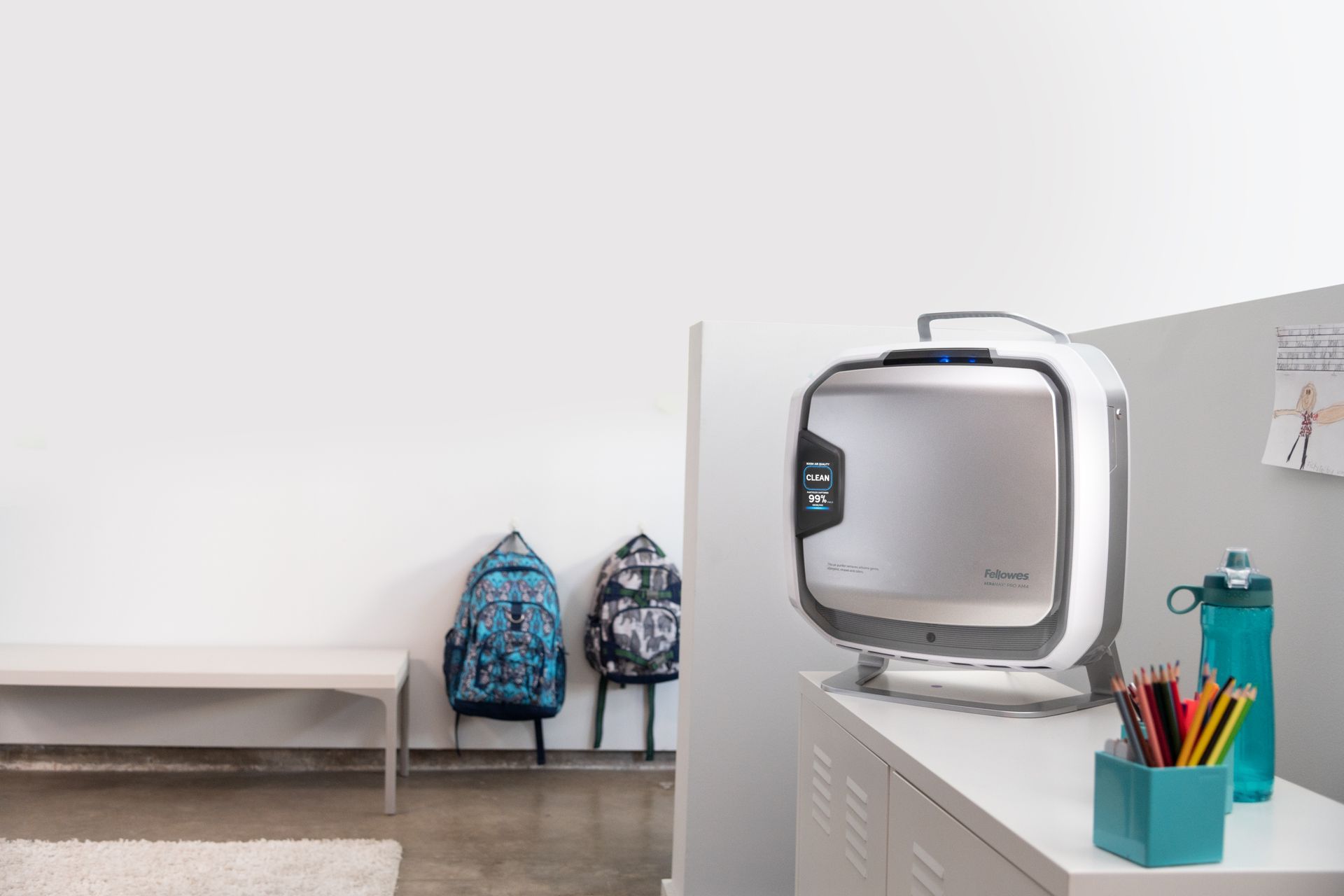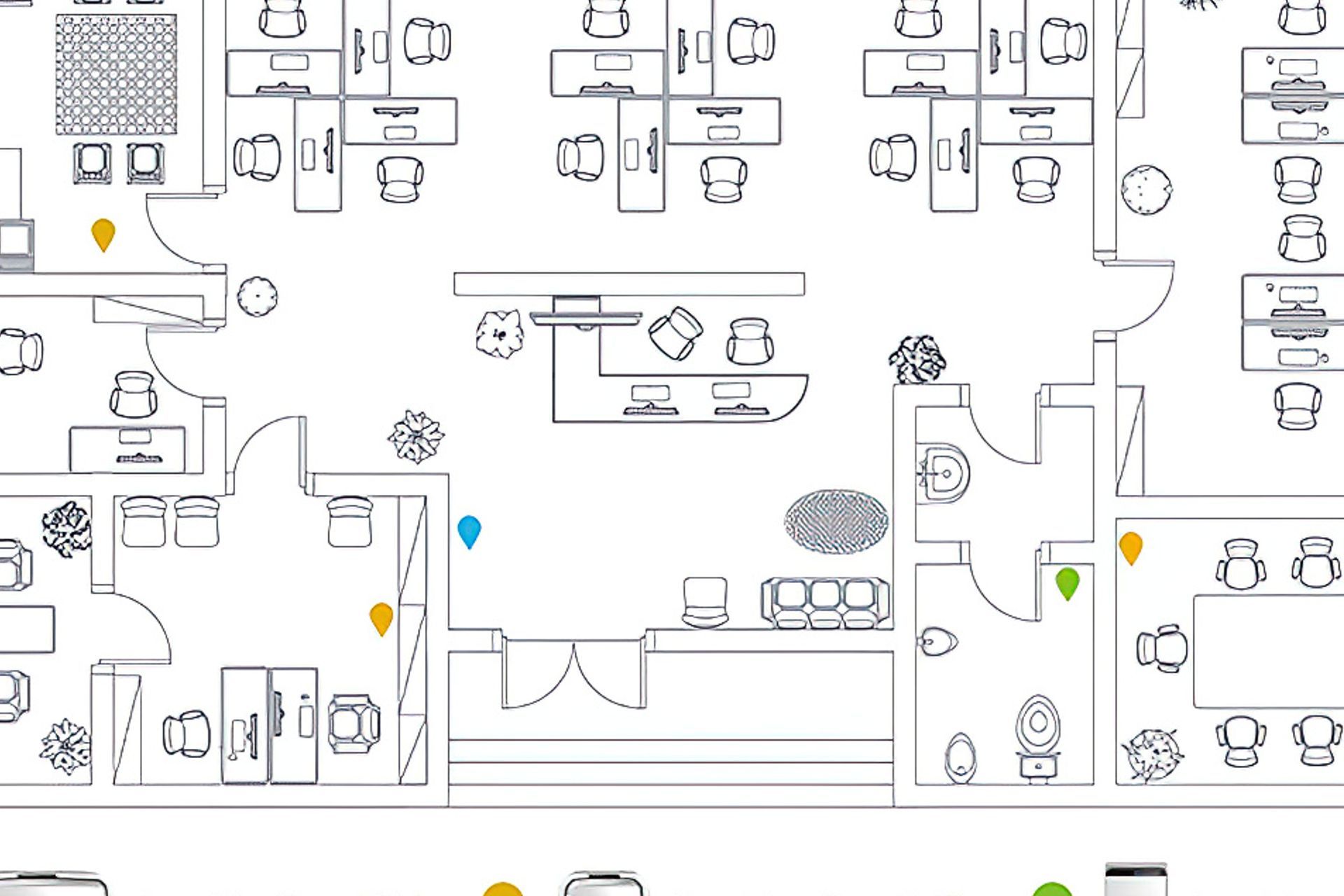Air Purifiers: a Solution for Asthma in the Workplace

What is Asthma?
According to the NHS, “asthma is a common lung condition that causes occasional breathing difficulties.” It affects millions of people worldwide and is the most common chronic disease among children.
Can poor air quality cause asthma symptoms?
In commercial settings, such as offices, where employees spend a sizeable portion of their day indoors, poor indoor air quality (IAQ) can exacerbate asthma symptoms, leading to decreased productivity and increased absenteeism. Recognising this issue is the first step towards creating a healthier work environment.
Indoor air pollution, laden with chemicals, dust mites, pollen, mould, and pet dander, poses a significant threat to respiratory health. Shockingly, studies reveal that indoor air can be up to five times more polluted than outdoor air, a concerning statistic given that individuals in western Europe spend about 90% of their time indoors. Moreover, the majority of the global population breathes air exceeding WHO targets for particulate matter, emphasising the urgent need for effective solutions.
Do indoor air purifiers help with asthma?
One solution gaining traction is the use of indoor air purifiers. These devices utilise advanced filtration technology to trap pollutants and allergens, including microscopic particles that can trigger asthma symptoms. By removing these harmful elements from the air, air purifiers create a safer and healthier indoor environment, reducing the risk of asthma attacks and promoting respiratory well-being.
What type of air purifier is best for asthma?
When selecting an air purifier for asthma management in commercial spaces, it is recommended to opt for models equipped with H13 or H14 High-Efficiency Particulate Air (HEPA) filters. These filters are considered medical-grade and are specifically designed to capture particles as small as 0.3 microns, effectively targeting common asthma triggers.
Where should I place my indoor air purifier?
Placement of air purifiers within the workspace is equally important. Positioning the device near the centre of the room, preferably close to a window, facilitates efficient air circulation and filtration. Outdoor air pollution can be a significant asthma trigger, particularly in urban areas, making it imperative to address both indoor and outdoor sources of pollution. By strategically placing air purifiers, businesses can create a healthier indoor environment conducive to employee well-being and productivity.

Air purifiers and asthma
In conclusion, the utilisation of air purifiers presents a promising solution for mitigating asthma symptoms in commercial settings. By targeting indoor air pollutants and allergens, these devices play a vital role in improving respiratory health and enhancing overall quality of life for employees.
When considering air purifiers for asthma management, prioritise models equipped with medical-grade HEPA filters and ensure proper placement for maximum efficacy. Investing in the well-being of employees through improved indoor air quality is not only a sound business decision, but also a demonstration of commitment to health and safety in the workplace.

